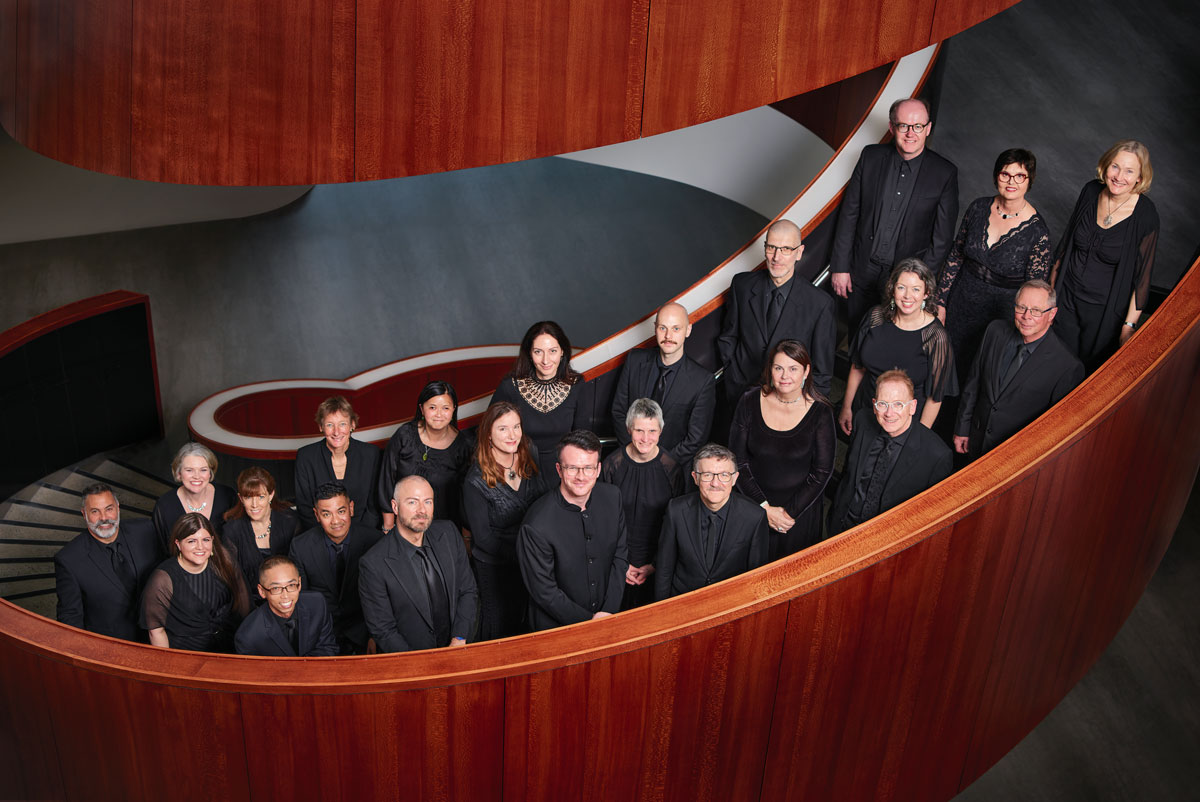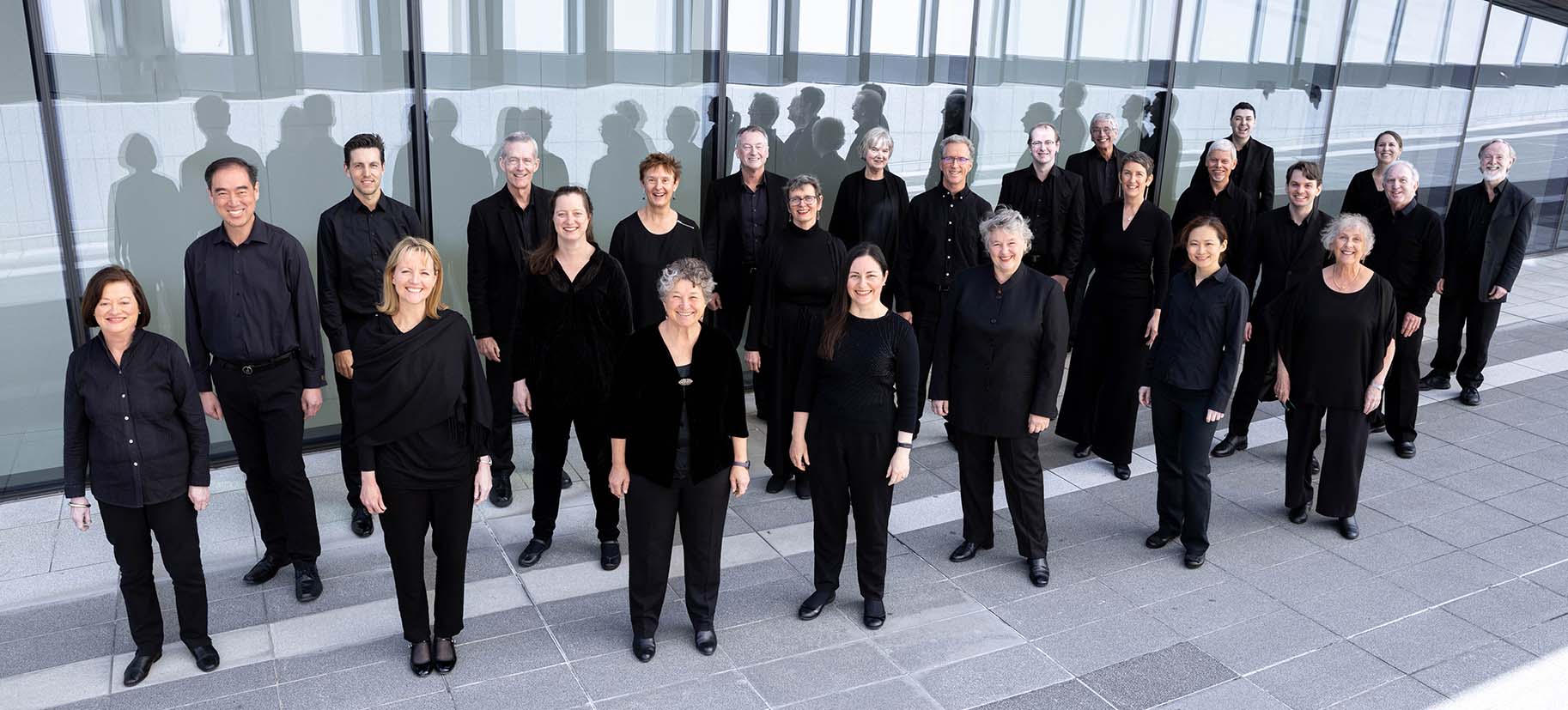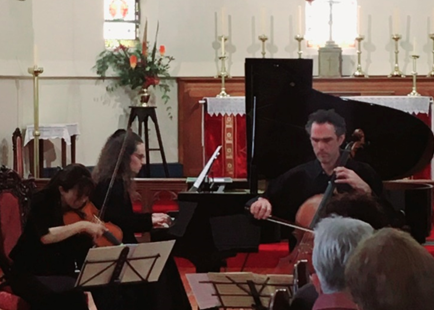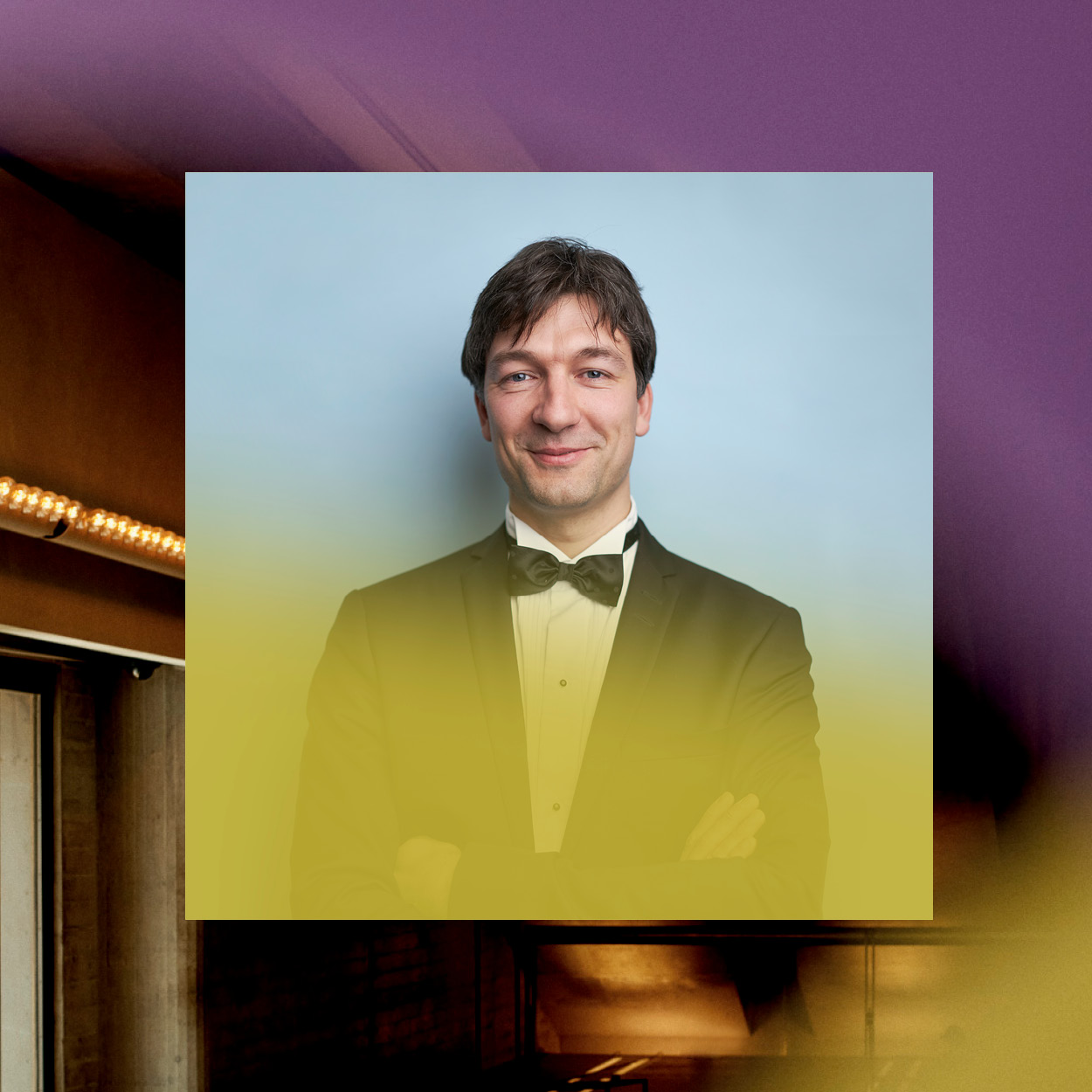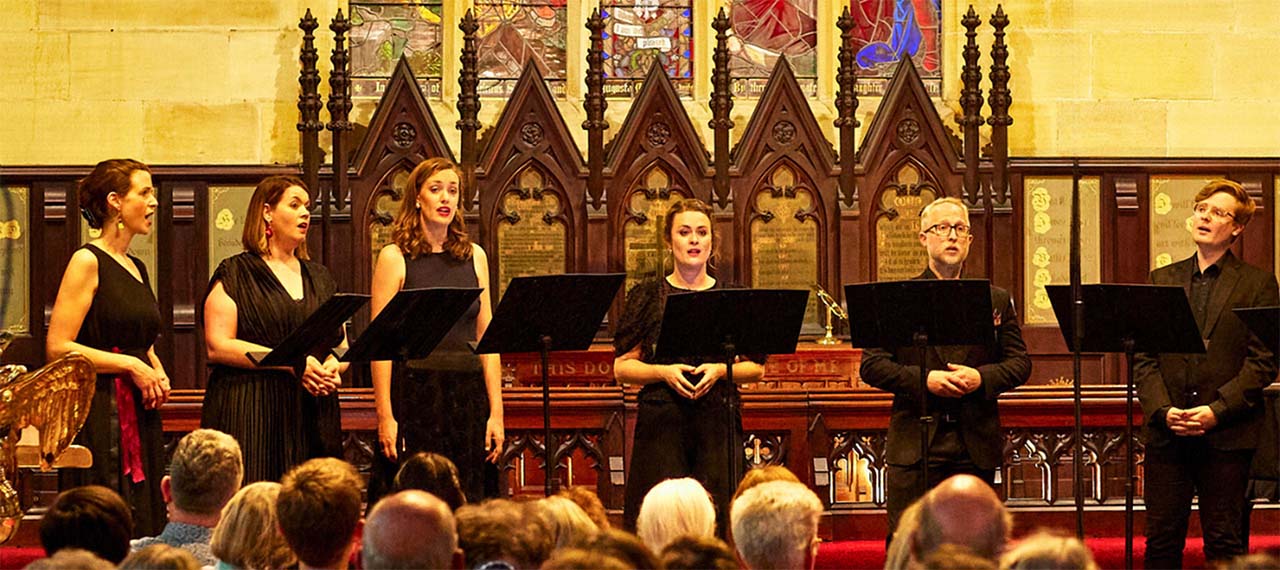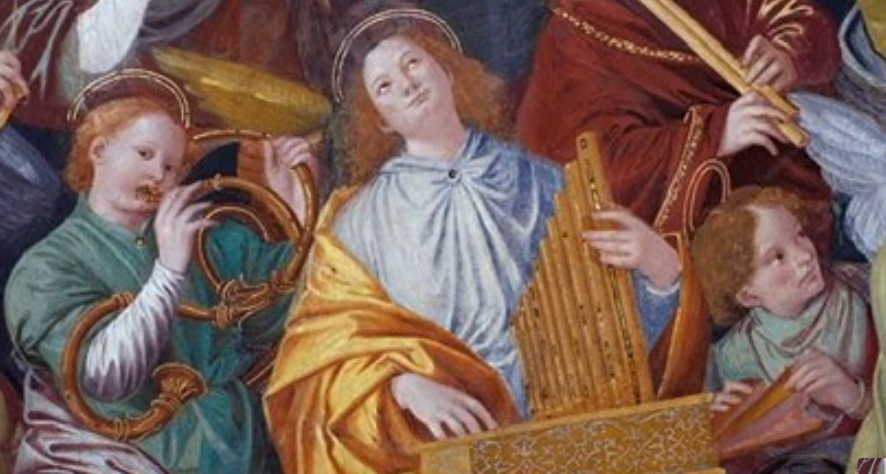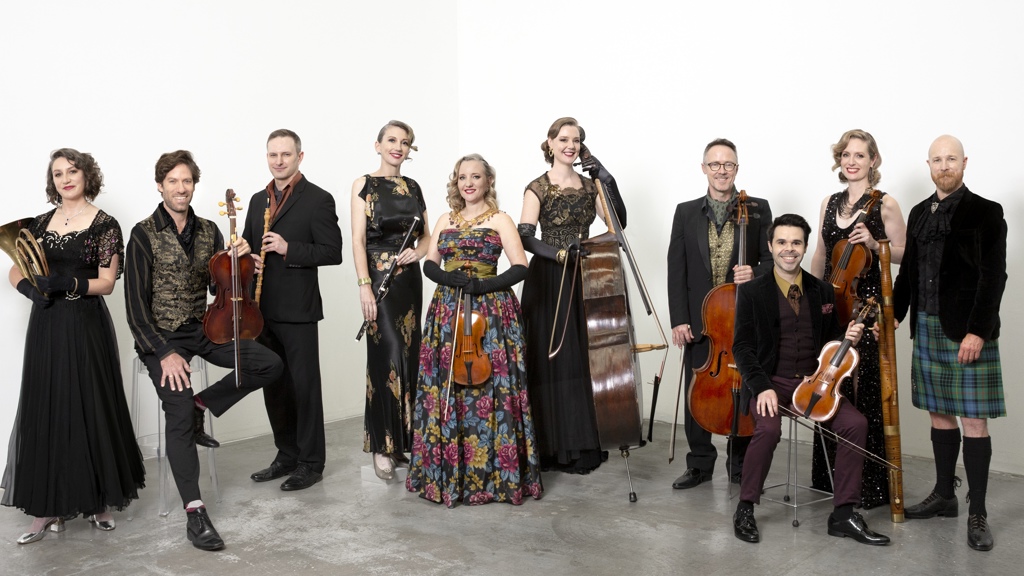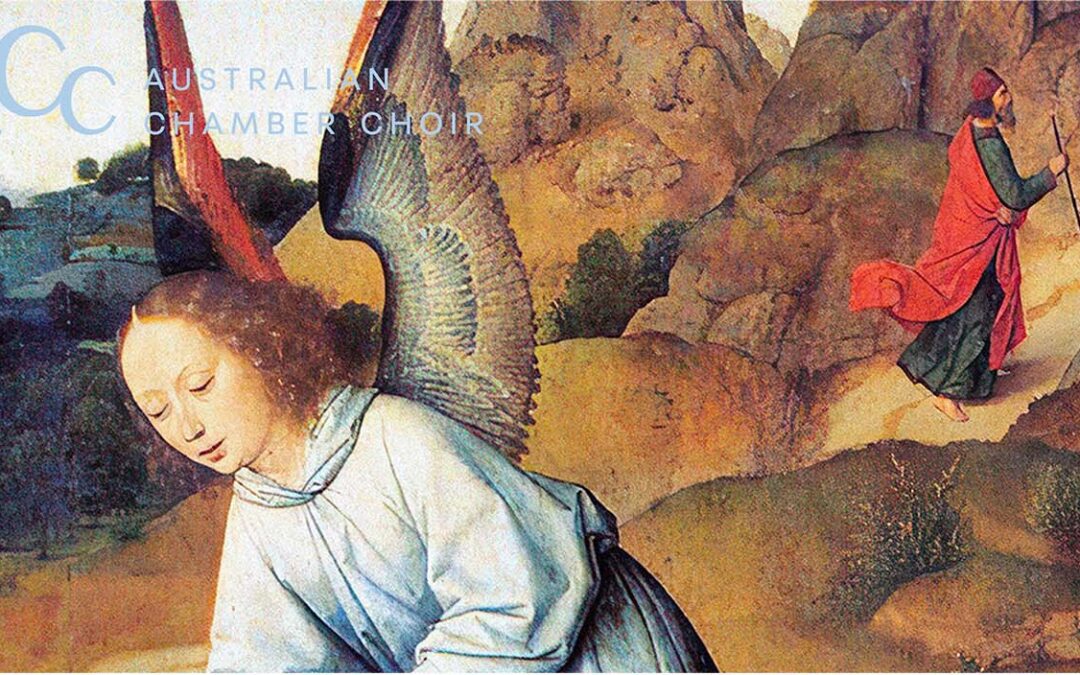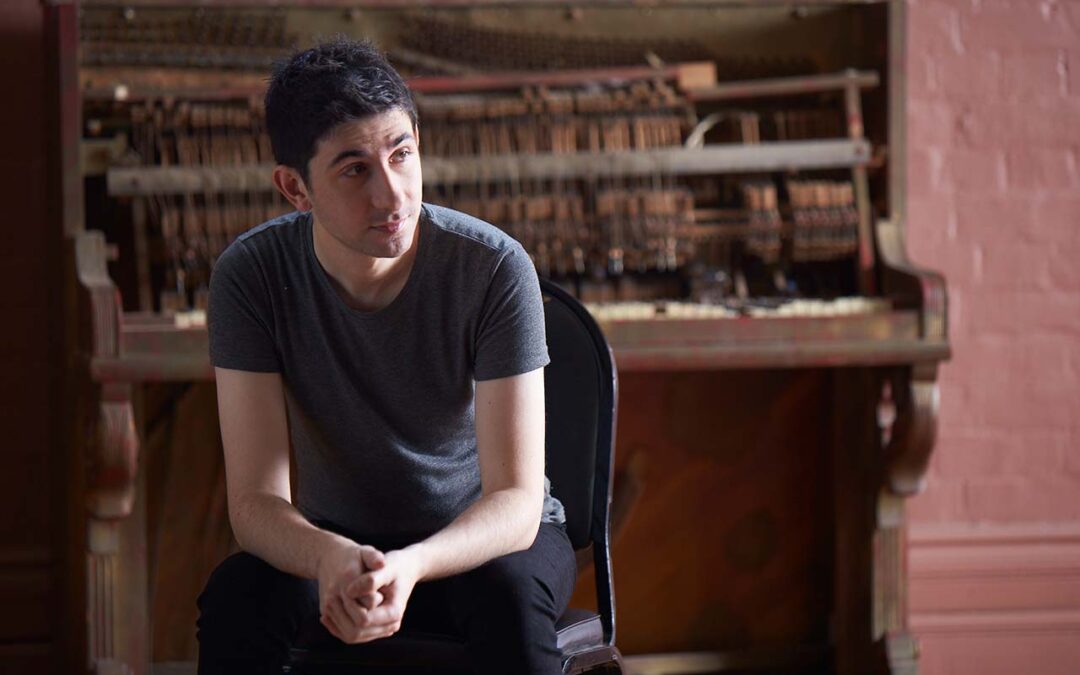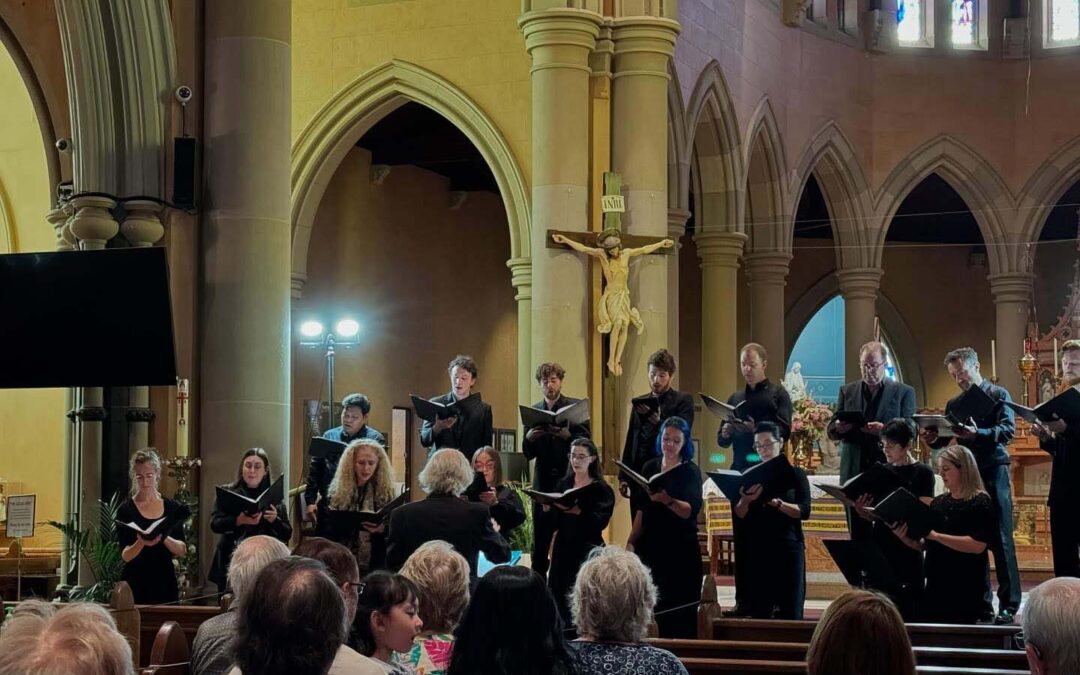Bel a cappella’s concert billed Motetten was, for me, memorable for a work that was not a motet – Paul Hindemith’s Apparebit repentina dies (1947) for choir and eight brass players. This 25 minute work shows Hindemith writing life affirming music full of hope after the horrors of World War II. Bold, clean melodic lines and well spaced harmonies leads the listener to realise that art can give meaning after a time of conflict and hate. It was the substantial work in this program and much care had been taken in its preparation. This was the choir’s high point in the concert with well crafted, insightful and dramatic singing. In this work they were joined by the Australian Baroque Brass led by trumpeter John Foster. All the members shone but special mention goes to David Thompson’s dazzling playing in the luxuriant horn writing. Hindemith was a master in writing colourful orchestral and chamber music and the brass writing in Apparebit repentina dies is a delight to both the audience and the performers.
Of the short works Anton Bruckner’s Ecce sacerdos magnus stood out for the strong singing. Joined by three trombones and organ the choir had to venture into bigger dynamic areas and it suited both the music and the venue. Also of interest was the extremely short and also extremely simple Mother of God, here I stand by the contemporary English composer, John Taverner. Sung from memory it allowed the choir to engage more with the conductor’s directions.
To see an audience just shy of 100 people on a Sunday evening in the middle of the city is encouraging for the health of high quality amateur choir concerts in Sydney.
Throughout all, conductor Anthony Pasquill was precise and totally in charge of the forces and the music. He is obviously at home with vocal ensemble music but he is more than just another choir conductor. He has a bigger music vision and the technique to express it.
Review for:
![]() Bel a cappella and Australian Baroque Brass | Sunday August 13, 2017 | Pitt Street Uniting Church, Sydney
Bel a cappella and Australian Baroque Brass | Sunday August 13, 2017 | Pitt Street Uniting Church, Sydney![]()





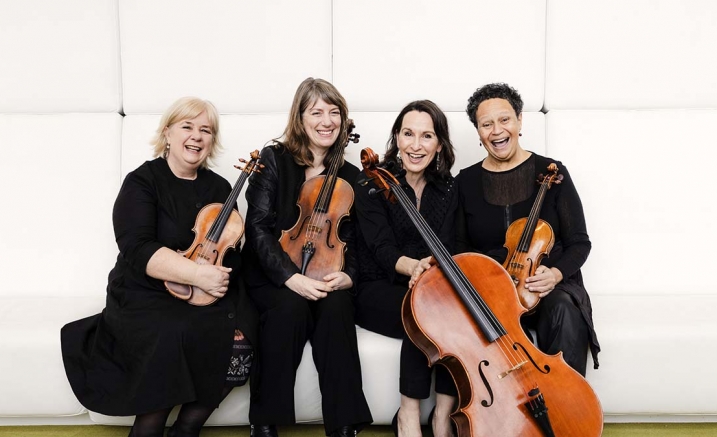



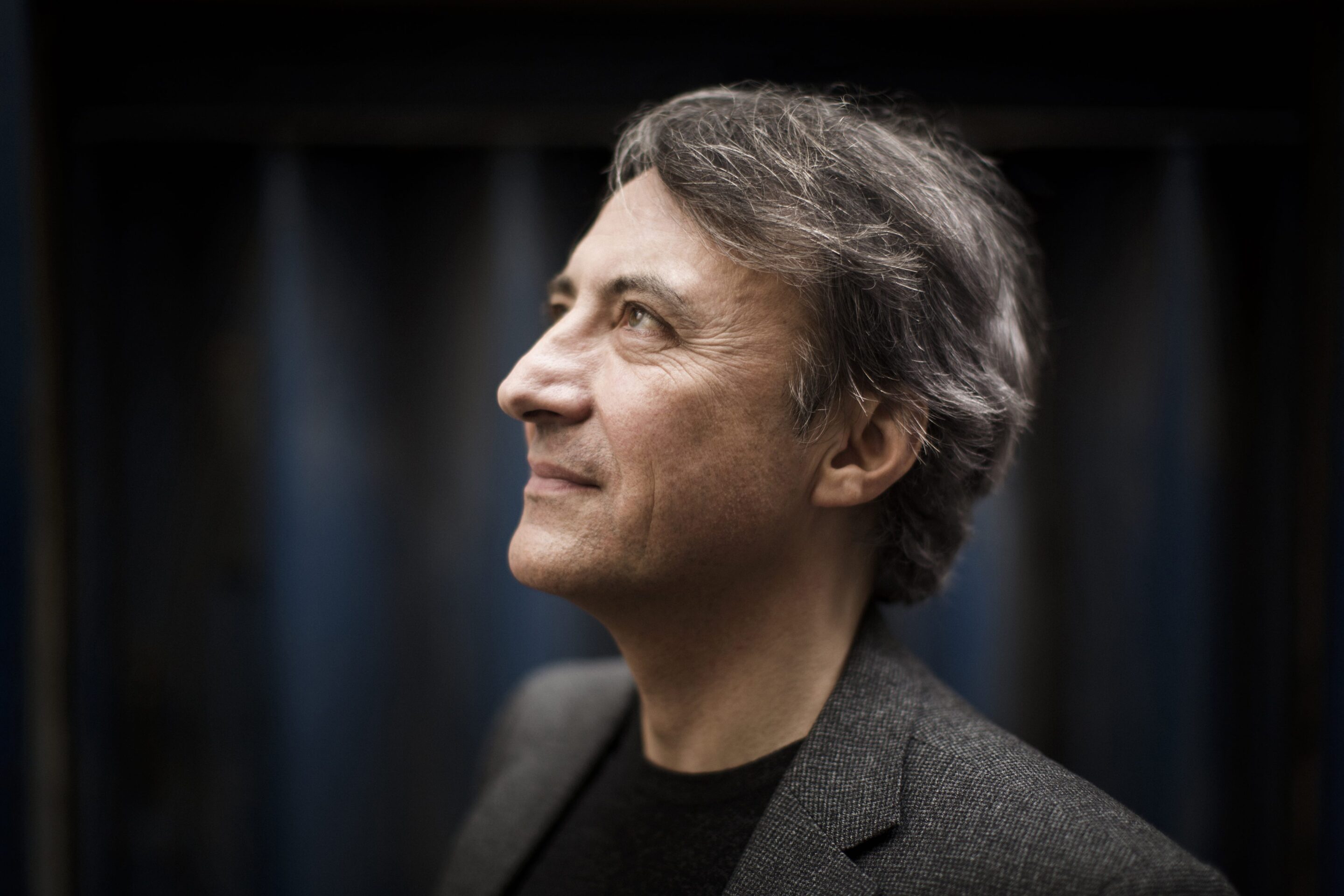

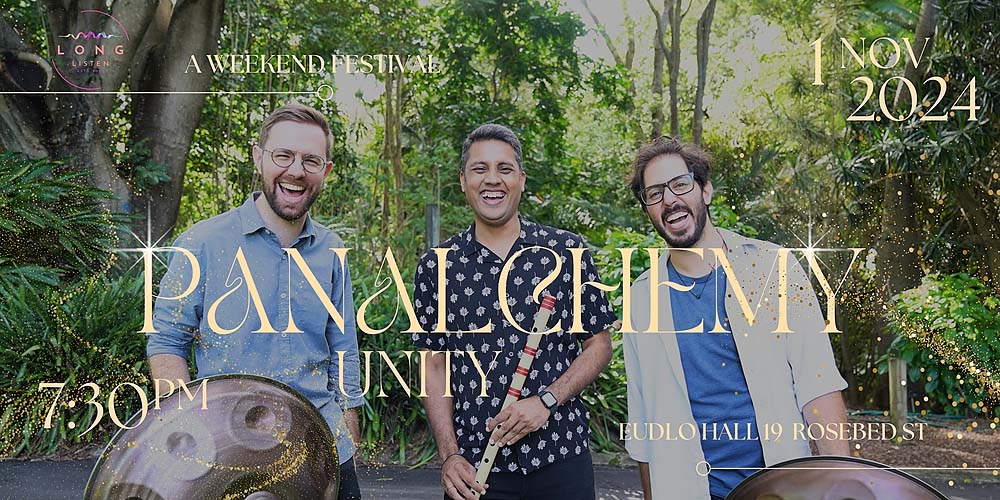

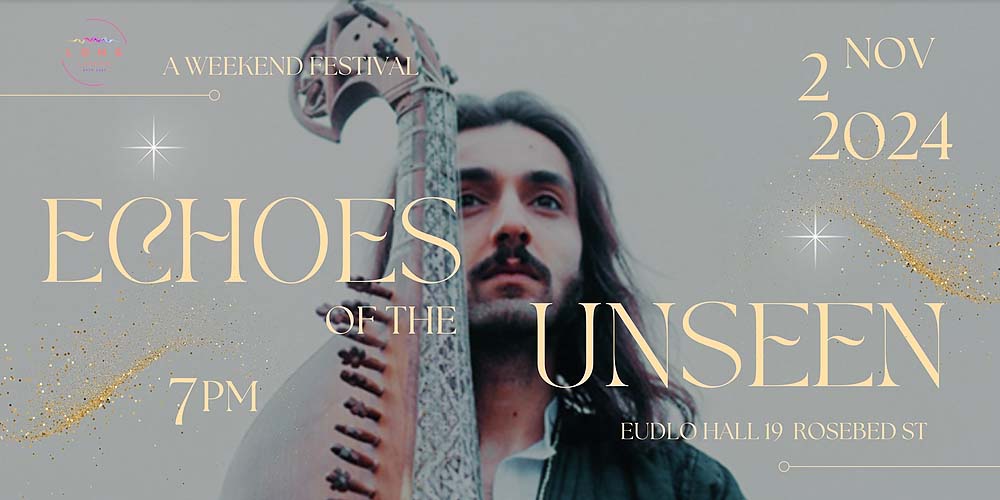
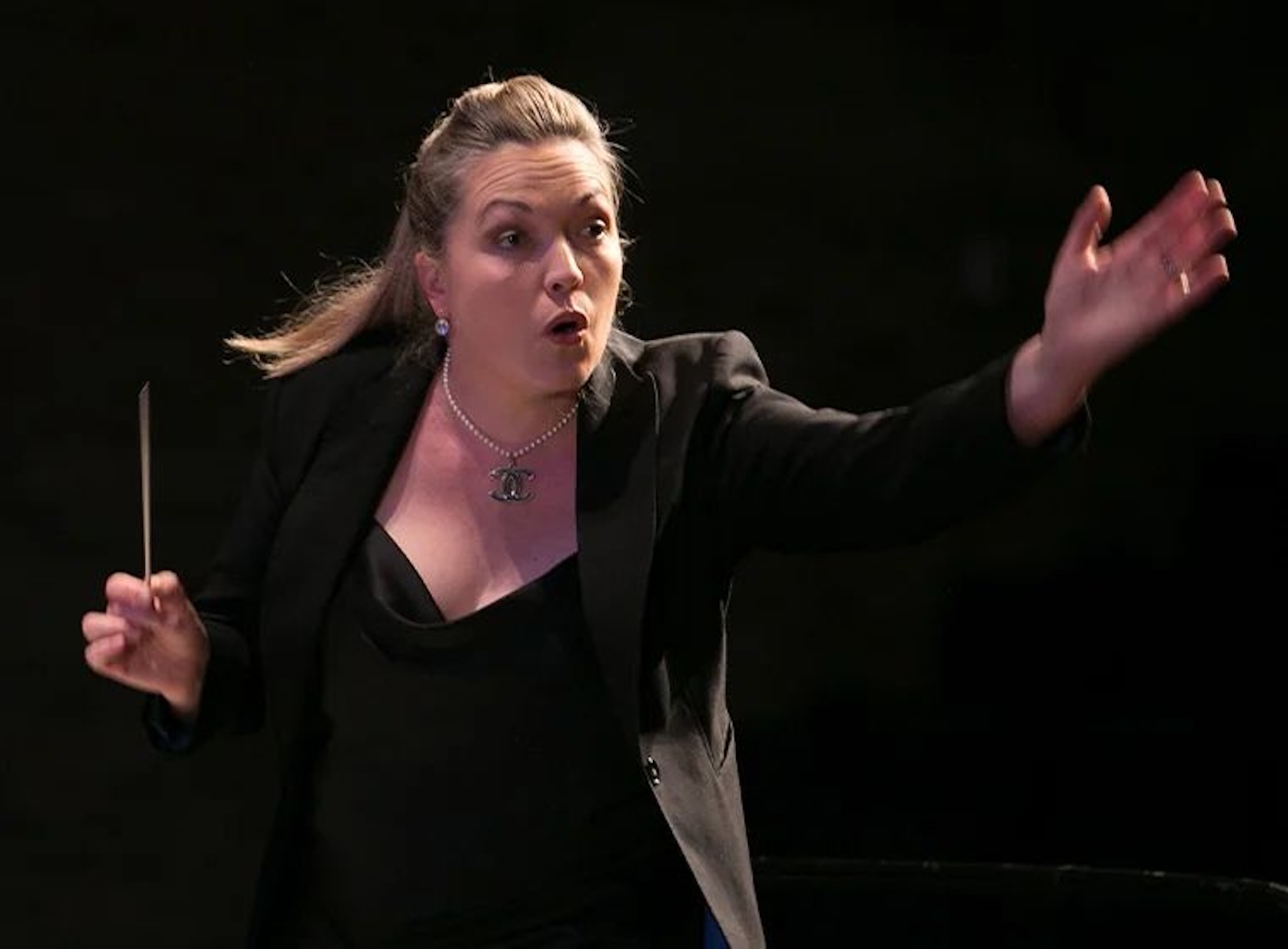
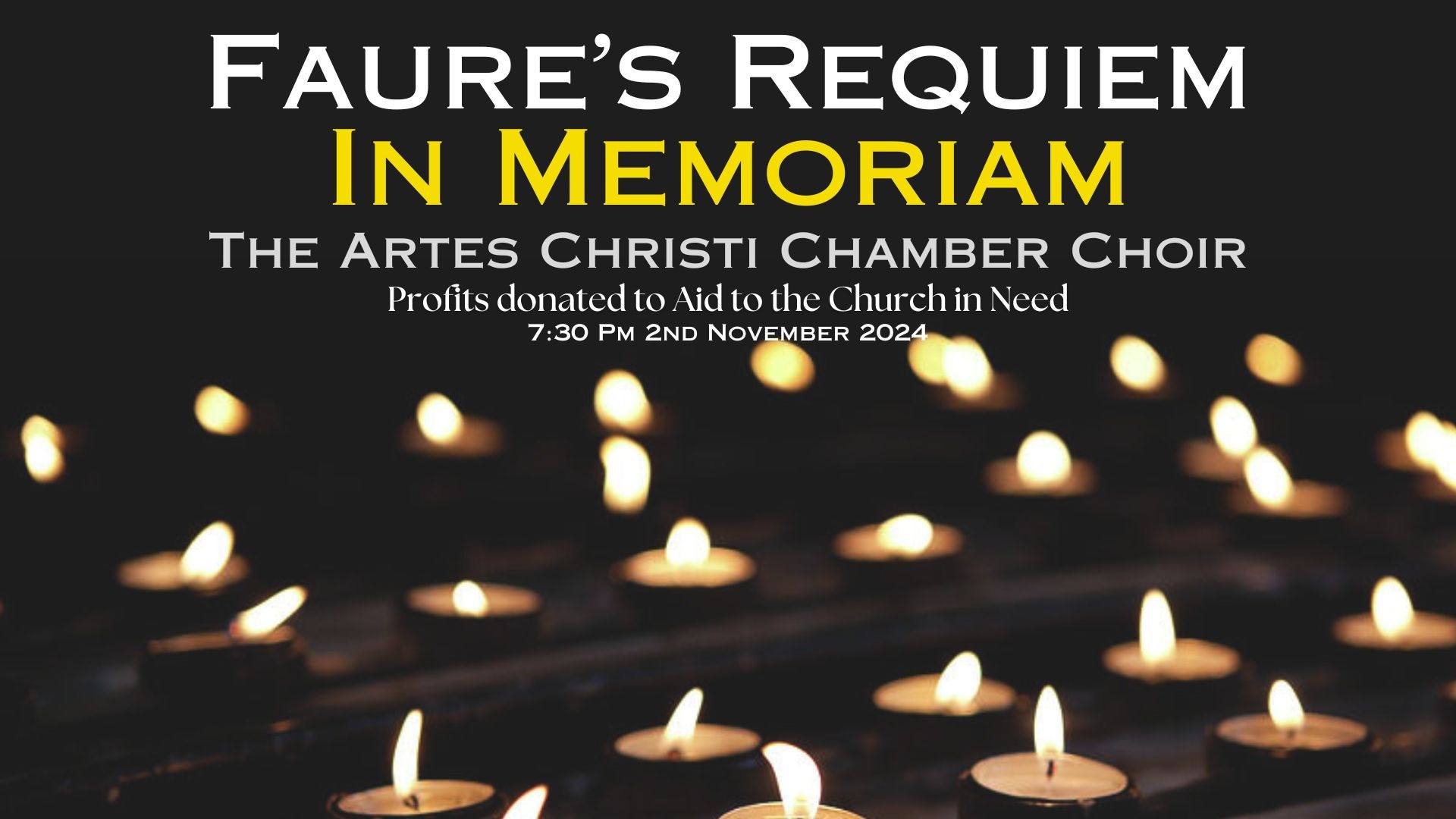
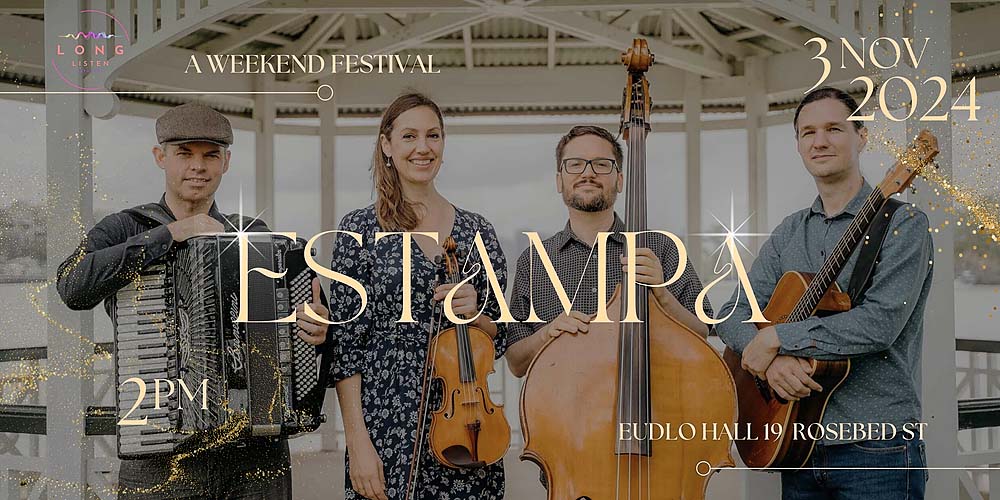





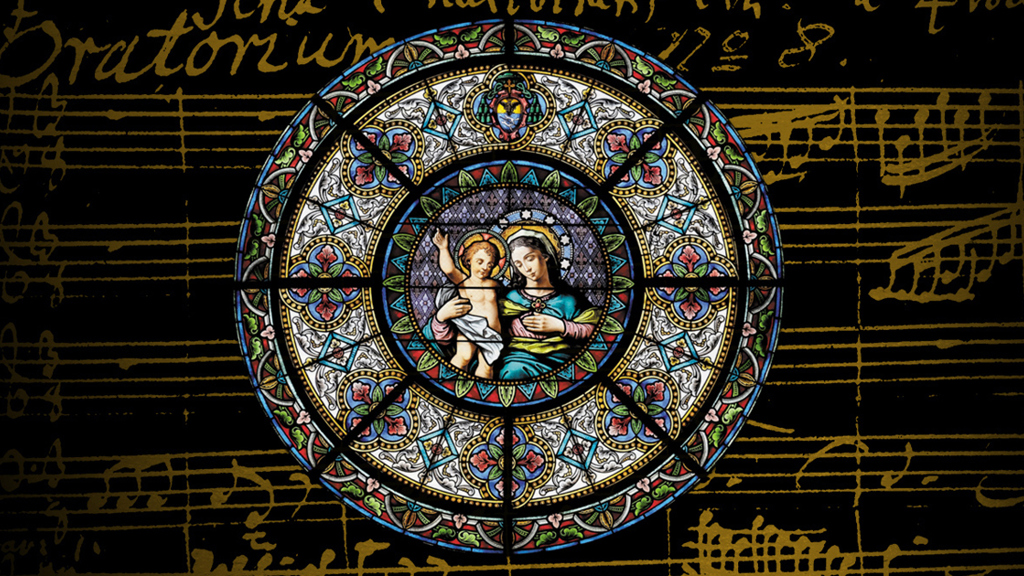
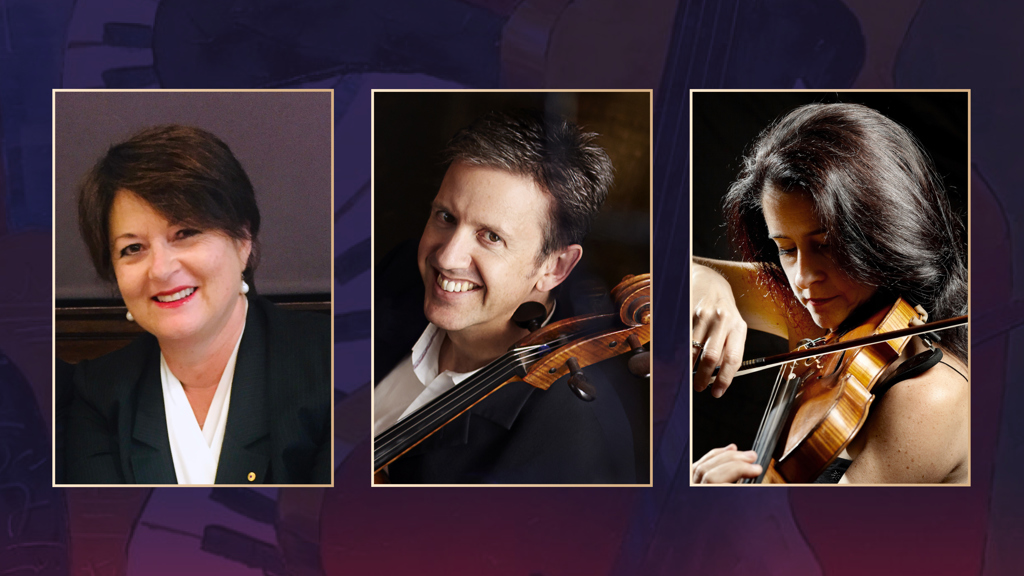


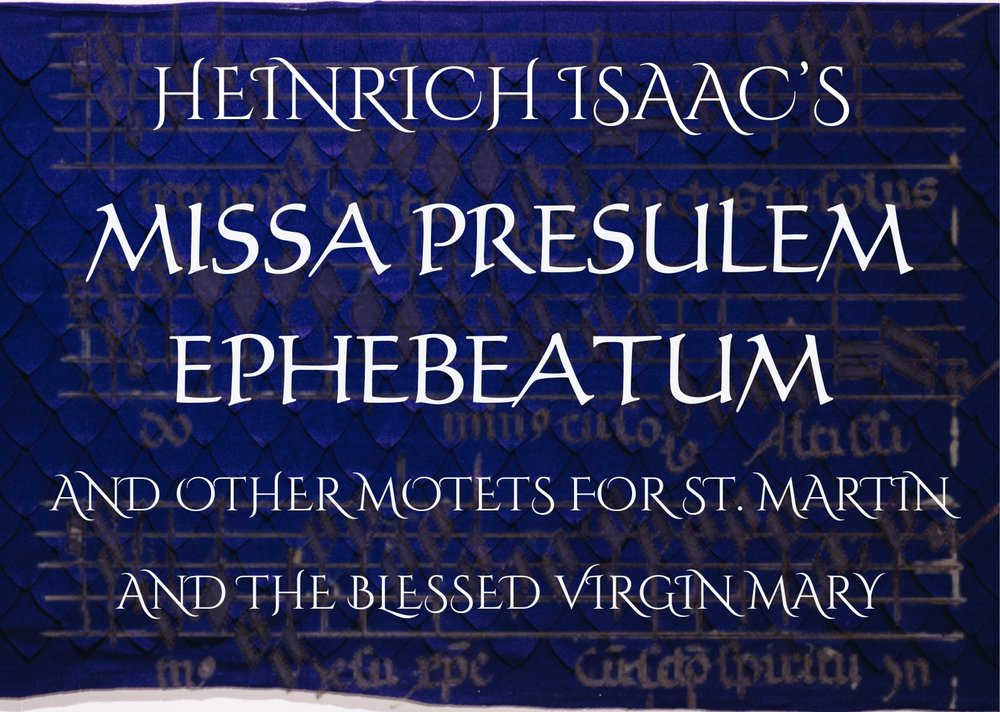

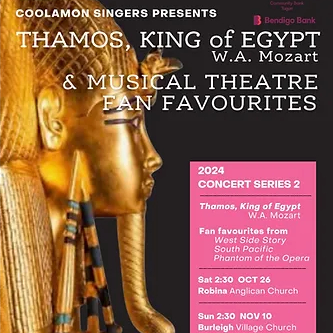



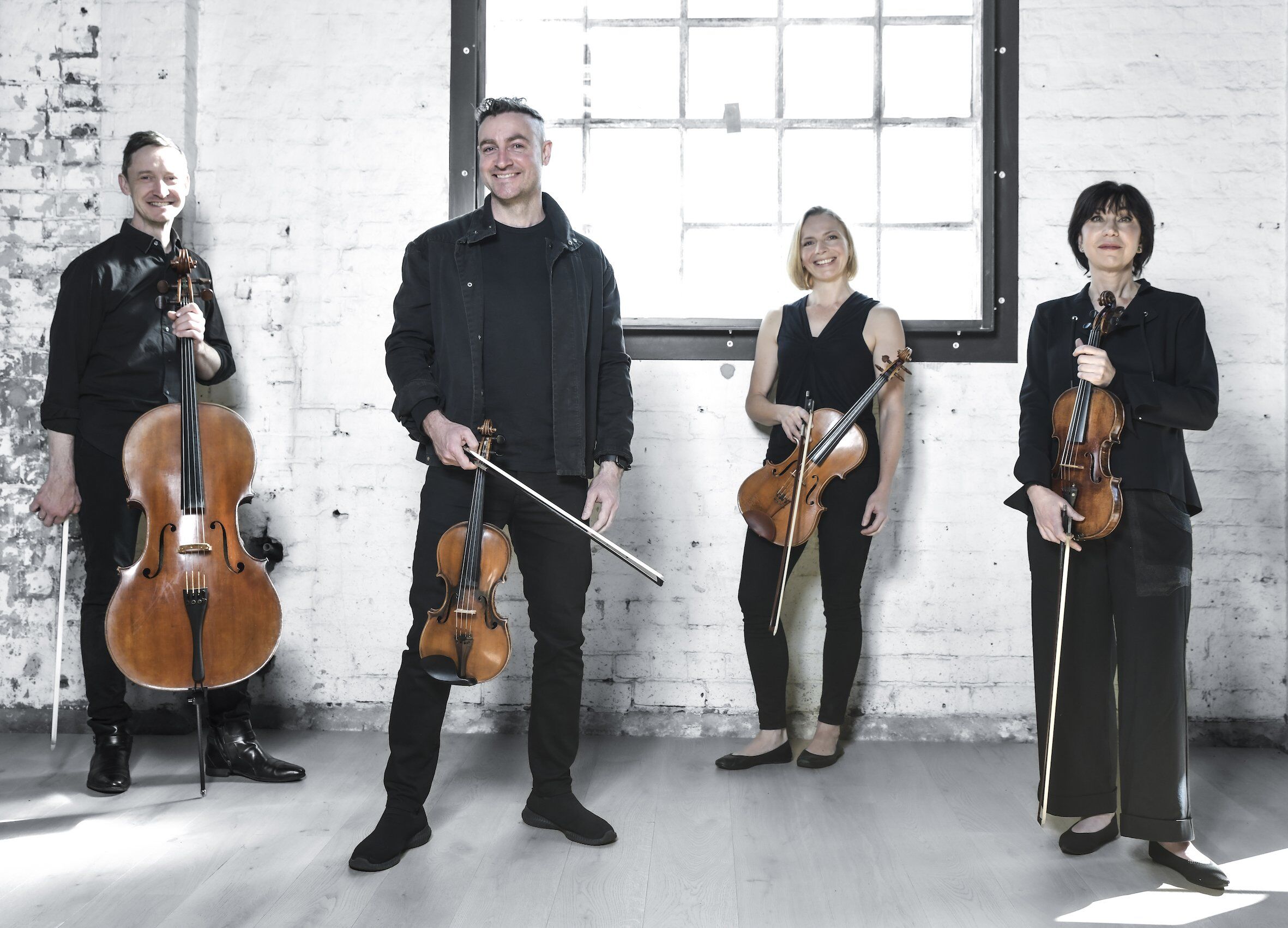





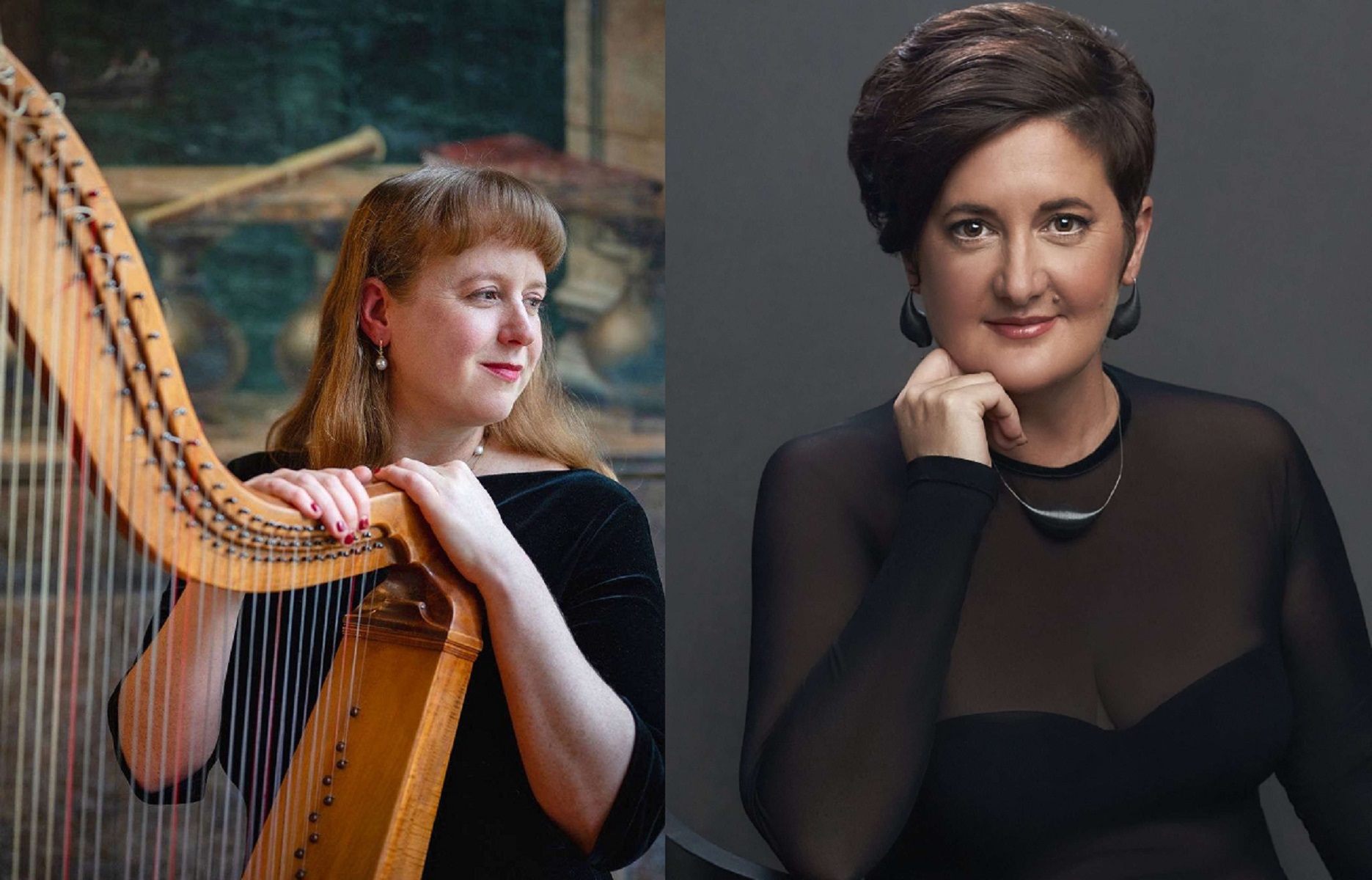


![user222 mrc mostlymozart [splendour of vienna] user222 mrc mostlymozart [splendour of vienna]](https://cdn-classikon.b-cdn.net/wp-content/uploads/2024/02/user222-mrc_mostlymozart_splendour_of_vienna.png)

